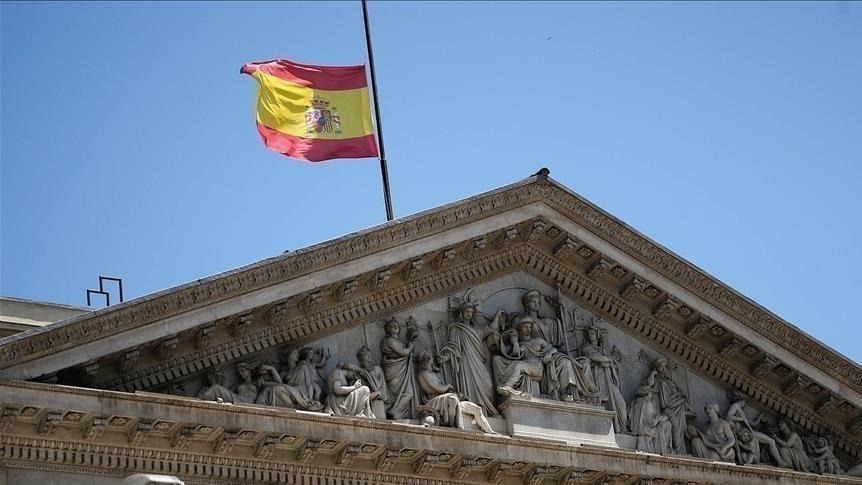Spain’s newly approved Democratic Memory Law against the nearly 40-year fascist regime of Francisco Franco will enhance the country’s democracy, the minister for the presidency said Thursday.
“What we are doing is making our democracy more dignified. And we have been late in this. We have been slow to pass this law because it arrived decades late. But yesterday we adopt a law that finally turns the page of the darkest decades of the recent history of our country, which was the (1936-1939) Civil War and the dictatorship,” of 1939-1945, Felix Bolanos, whose ministerial portfolio includes the democratic memory of Spain, told Spanish radio Cadena Ser.
The law embraces the best of Spain’s recent history – the post-Franco transition to democracy, the 1977 Amnesty Law, and the 1978 Constitution – Bolanos said.
Underlining that the law puts the victims at the center, he added: “This law is, above all, of the victims, of all those people who suffered the Civil War, who also suffered from Franco’s repression, exiles, who had to leave their country or people who lost their freedom or even their lives.”
Despite right-wing opposition and a barrage of more than 500 proposed amendments, on Wednesday Spain’s Senate approved the law, which declares the Francoist dictatorship illegal, by a vote of 128-113, with 18 abstentions.
The debate before the approval took more than five hours.
It will enter into force the day after its publication in the Official State Gazette in “the coming days,” according to the Moncloa Palace.
The law declares “the illegality of Franco’s exceptional courts and the annulment of their sentences and places the victims at the center of public action,” the right to “investigate the human rights violations of the war and the dictatorship until the promulgation of the 1978 Constitution,” and promotes “the creation of a Prosecutor’s Office for Human Rights and Democratic Memory in the State Attorney General’s Office as an instrument of investigation.”
It also declares the right of family members and society to know what happened, guarantees the preservation of documents and access to files, and promotes the creation of a national DNA bank of victims of the war and the dictatorship.
Meanwhile, the state is to assume “leadership” in the search for and identification of the disappeared and the promotion of exhumations under the new law.
On making amends for wrongdoing, it advances the need to carry out an audit and an inventory of assets seized and economic sanctions during the Civil War and the Franco dictatorship.
It also mentions as victims “those who suffered exile: sons and daughters, born abroad, of Spanish women who lost their nationality by marrying foreigners before 1978, and adult sons and daughters of Spaniards whose nationality of origin was recognized by virtue of the right of option.”
-AA

